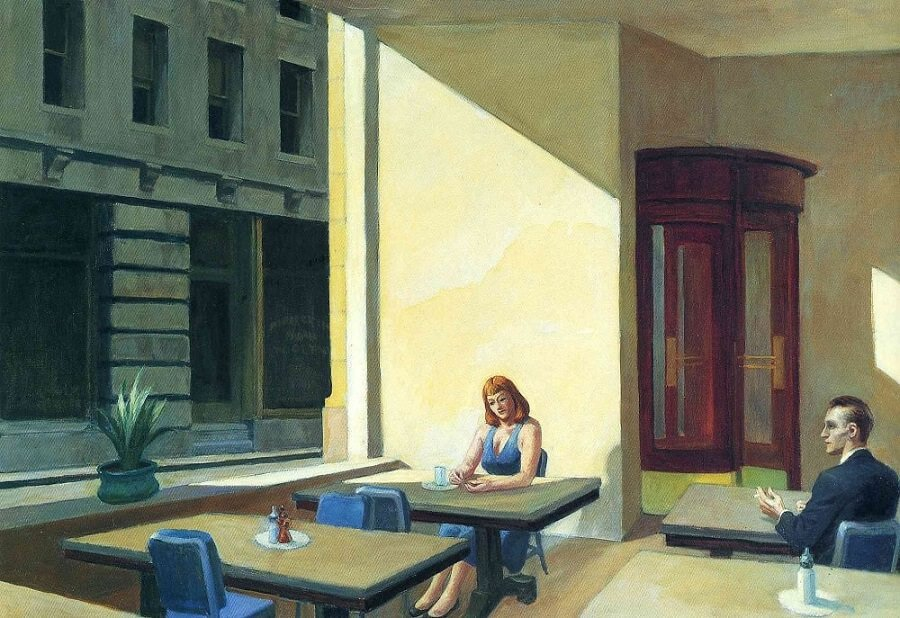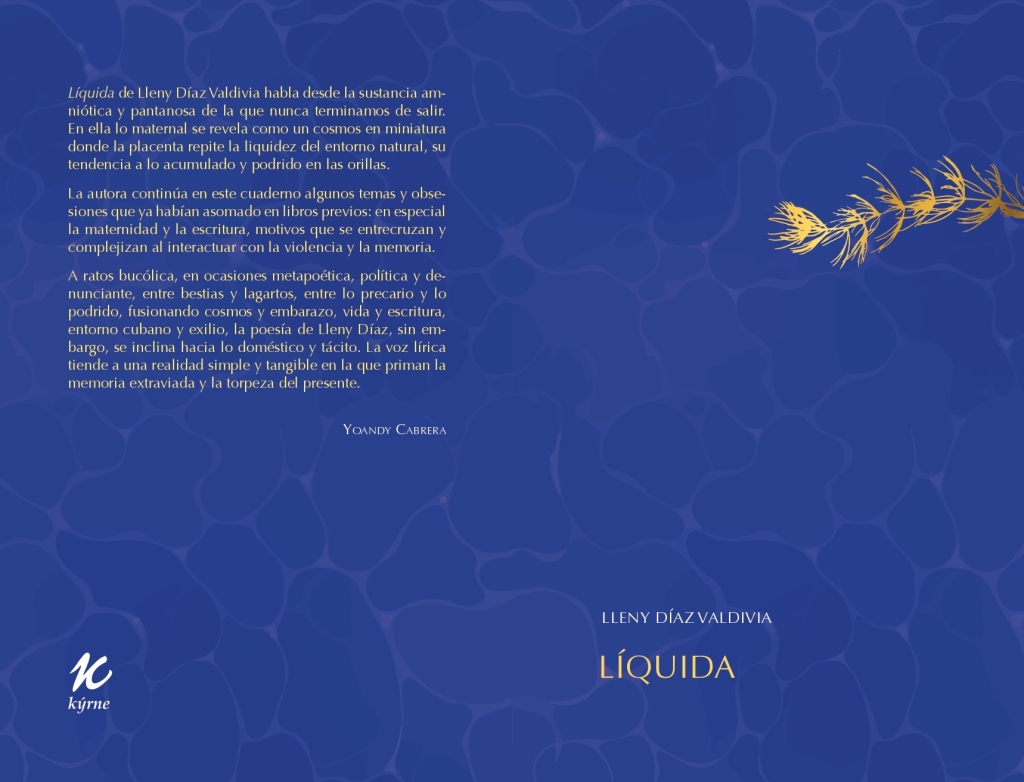Yoandy Cabrera

The West Side Show Room (WSSR) in Rockford, Illinois, is currently presenting Sarah Ruhl’s Dead Man’s Cell Phone from March 8 to 23, 2024. This play made its debut in 2007 at the Woolly Mammoth Theatre Co. in Washington, D.C. Notably, this isn’t the first time WSSR has showcased Ruhl’s work; they previously staged Eurydice from September 23 to October 17, 2021, marking their return after the COVID-19 pandemic hiatus.

Attending Eurydice by WSSR also marked my return to theater after the pandemic and introduced me to their productions. What stayed with me most from that experience were the awkward and unexpected moments, particularly in the reimagining of a classical myth about the underworld, afterlife, and love. The play was punctuated by dark humor and dialogues that wavered between solemnity and whimsy, with ingenious plot twists keeping the audience engaged throughout. The scene design, which included water on the stage, presented its own unique set of challenges.
In Dead Man’s Cell Phone, Ruhl’s poetic elements such as death, the afterlife, romantic entanglements, and familial conflicts are woven into the fabric of a noir film context. Much as Cervantes in Don Quixote parodies medieval and early modern chivalric romance, or Tarantino constructs his homage to martial arts movies in Kill Bill, Ruhl’s play can be seen as both a tribute to and a satire of the noir genre. Epic Jones, the director of this production, aptly describes it as an “eccentric comic-noir,” blending elements of humor and existentialism in an exceptional theatrical experience.

Dead Man’s Cell Phone often unfolds as a noir, characterized by its cynical protagonists, somber atmospheres, subtle lighting, complex narratives, and existential undertones. However, the play also possesses a poetic and frequently absurd quality, where moments intended to be sentimental can unexpectedly veer into the realm of nonsense. In a similar vein to how film noir historically embodied post-WWII anxieties, Ruhl employs the genre to explore both timeless and contemporary issues, such as mortality and technology, or the concept of an afterlife mediated through modern communication devices. The very title of the play hints at these central themes, inviting audiences to ponder the intersection of death and digital communication.

The stage design of this production ingeniously evokes the essence of Edward Hopper’s artistic vision, a reference that holds particular significance as mentioned by the playwright in her instructions and notes. The movable rectangular structure on the stage serves multiple purposes, functioning as a Hopper-esque window, a symbolic representation of a cell phone, and even a cinema screen, creating a visual metaphor akin to “two mirrors facing each other.” The empty spaces between these elements also look like film sets, echoing the atmosphere described by Jean in scene 1: “there seems to be no one working at this cafe.” This design concept not only captures the thematic essence of the play but also enhances its interplay between reality and illusion.
Jean is portrayed as a sweet, absurdly generous, and unexpectedly adventurous character, always striving to ensure everyone around her feels comfortable and content. Her demeanor can be likened to seeing Amélie, from the 2001 film directed by Jean-Pierre Jeunet, but now in a noir setting, where she tells white lies to bring happiness to others. Despite Jean’s innate desire and nature to remain low-key and reserved, she emerges as a central figure in the narrative, a duality that Kira Dolan masterfully embodies in her portrayal of the character.

Eduardo Galaviz adeptly distinguishes between the characters of Gordon and Dwight through subtle changes in voice tone and gestures. Karlee Dodd imbues Hermia with a solidity that exceeds expectations for the character. Tambi Leslie delivers a remarkable performance as The Other Woman and Stranger, effortlessly transitioning between portrayals of love and glamour to illegal business and violence. It is always a privilege and a pleasure to see Carolyn Cadigan on stage, this time as Mrs. Gottlieb. Cadigan portrays a mother who is at times cold, forgetful, hilarious, and sweet, yet also capable of being both rambling and perceptive. Meredith Laubert, who portrayed Orpheus in Eurydice, is serving as the stage manager for this play.

The production of Sarah Ruhl’s play by WSSR offers an impressive and captivating blend of themes ranging from love and technology to the afterlife and family dynamics. This amalgamation of elements creates a theatrical experience that is both bizarre and thought-provoking. Through its exploration of absurdity and communication, the play delves into the complexities of human relationships and the intersection of modernity with timeless themes. WSSR’s staging of this production exemplifies the high-quality theater that Rockford, IL has to offer, showcasing the talent and creativity within its artistic community.

This play provides yet another occasion to celebrate the first decade of the WSSR theater company. Over the years, WSSR has consistently delivered engaging and thought-provoking performances, enriching the cultural landscape of Rockford and beyond. This milestone serves as a testament to the dedication, talent, and creativity of everyone involved in the company’s journey, from actors and directors to crew members and supporters. Here’s to another decade of exceptional theater and artistic innovation from WSSR!

Dead Man’s Cell Phone by Sarah Ruhl is being presented at WSSR, located at 1414 N Main Street, Rockford, IL 61103, from March 8 to 23, 2024. For more information, visit https://wssr.org/deadmans.




Leave a comment